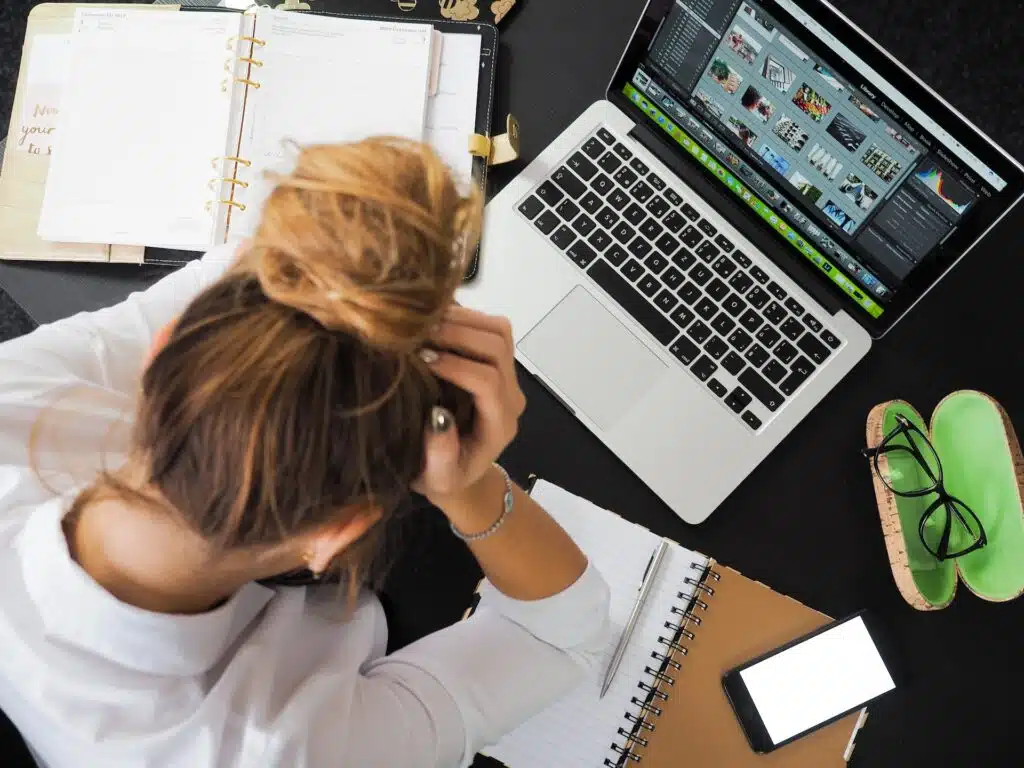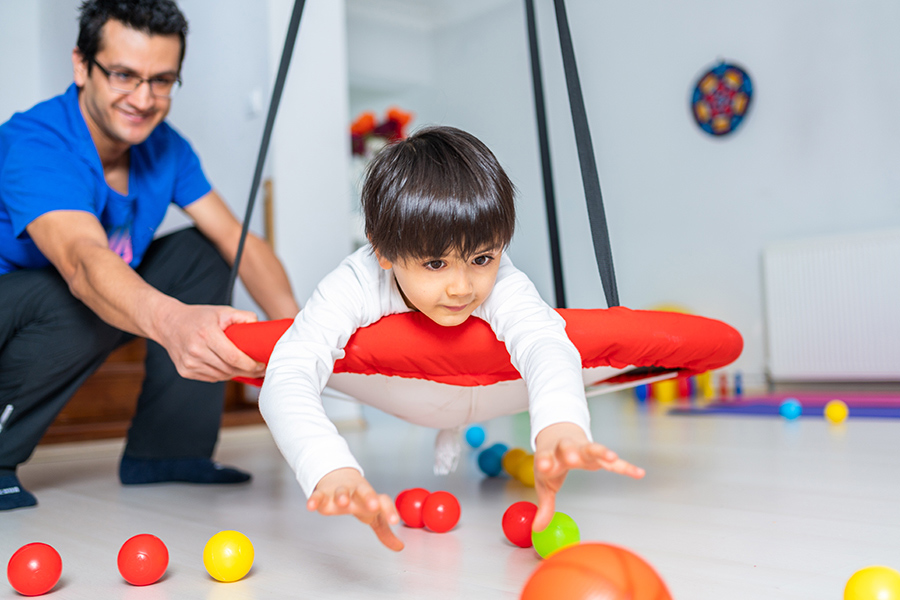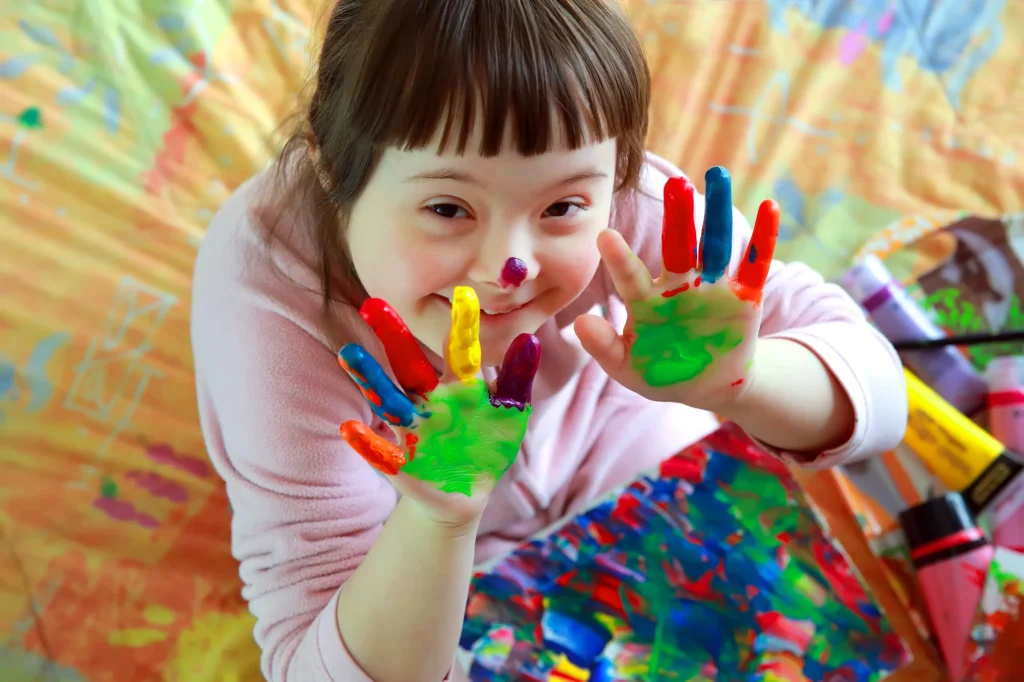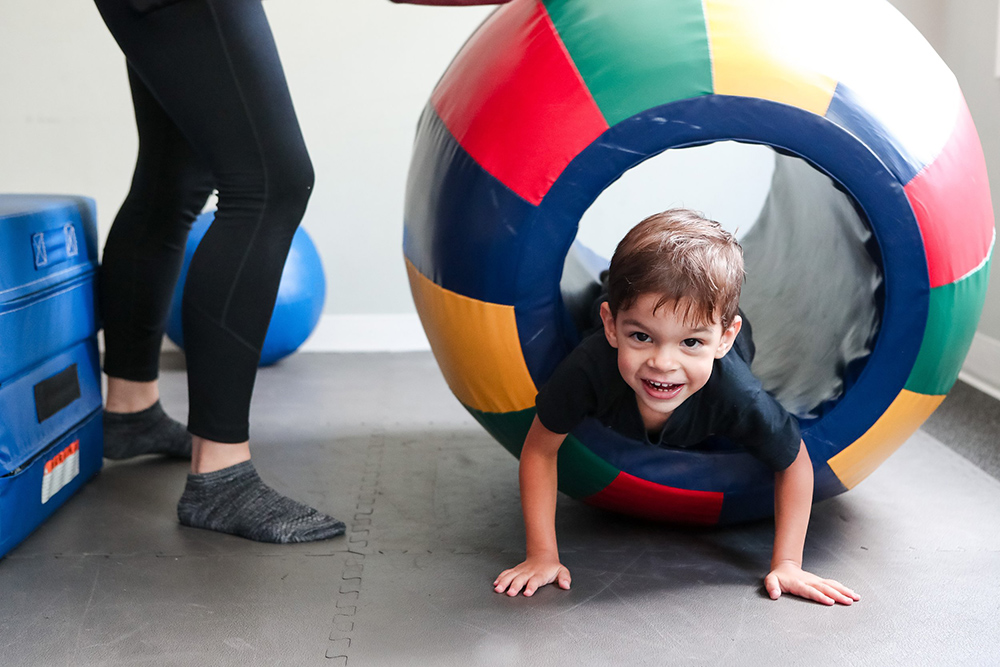In today’s digital age, social media has become an integral part of our daily lives. It allows us to connect with friends and family, stay up-to-date with news and events, and share our thoughts and experiences with the world. For all its benefits, social media can also have a significant impact on our mental health, particularly when it comes to anxiety. Unfortunately, it is a place where others can create unrealistic expectations, feelings of inadequacy, and development of low self-esteem.
Unwanted anxiety is a common mental health challenge that affects many people worldwide. It can manifest in different ways, from generalised anxiety to social anxiety, panic attacks, phobias, and obsessive-compulsive disorder (OCD).
Anxiety left unmanaged can have a significant impact on a person’s quality of life, relationships, and overall mental and physical health. This is when anxiety is no longer helpful and can be considered a disorder. NIMH says there are numerous detrimental effects on the individual as well as society for the majority of those with undiagnosed or untreated anxiety disorders. For this reason, it’s important to understand how social media can impact your mood and learn to navigate its effects.
Here are some ways to navigate the effects of technology and social media on your mental health:
1. Understand the triggers
Social media can be a never-ending source of triggers that can worsen your anxiety. For example, constant comparisons to others’ seemingly perfect lives, exposure to negative news or images and even the fear of missing out (FOMO) plays a role! If everyone else is using social media, and someone doesn’t join in, there’s concern that they’ll miss jokes, connections, viral memes or even invitations. To navigate these triggers, it’s essential to understand what they are, how they affect you and the ways these technologies keep you hooked. This will allow you to manage your social media use proactively, setting limits and boundaries that work for you.
2. Set boundaries
One of the keys to managing anxiety related to social media is to set boundaries. For example, you could set limits on how much time you spend on social media each day or which platforms you use. You could also consider turning off notifications or muting/blocking accounts that trigger your anxiety. The idea is to take control of your social media use, rather than letting it control you.
3. Practice self-care
Self-care is essential to managing anxiety related to social media. It involves taking care of your physical, emotional, and mental health. Some self-care practices that can help reduce anxiety include:
- Getting enough sleep: Aim for 7-9 hours of sleep per night to help your body and mind recharge. This also ties to reducing social media use before bed!
- Eating a healthy diet: Eat a balanced diet with plenty of fruits, vegetables, whole grains, lean proteins, and healthy fats.
- Exercising regularly: Exercise releases endorphins, which can help reduce stress and anxiety. Aim for at least 30 minutes of moderate exercise most days of the week.
- Practising relaxation techniques: such as deep breathing, progressive muscle relaxation, guided imagery or yoga to help you calm your mind and body.
4. Be mindful of your social media use
Mindfulness is the practice of being present in the moment and paying attention to your thoughts, feelings, and sensations without judgement. It can help you reduce anxiety related to social media by bringing your attention to the present moment and letting go of worries or distractions. Some ways to practise mindfulness include:
- Taking breaks: Take regular breaks from social media, especially if you notice yourself feeling anxious or stressed.
- Focusing on positive or judgement-free content: Follow accounts or groups that inspire or uplift you, rather than those that trigger negative emotions.
“You have your own life, why waste it on focusing on others.” —Nitin Namdeo
- Engaging in positive interactions: Use social media to connect with others positively, sharing positive experiences or supporting others in a meaningful way.
5. Seek support
Managing anxiety related to social media can be challenging, but you don’t have to do it alone. Seeking support from friends, family, or a mental health professional can help you cope. It’s important to reach out to someone you trust if you feel overwhelmed or need someone to talk to. EDUCARE provides a range of mental health services, including counselling, therapy, and medication management, to support individuals and families with anxiety related to social media use.
6. Find alternative activities
Another way to manage social media anxiety is to find alternatives that can help you relax and unwind. For example, reading a book, going for a walk, practising a hobby, or spending time with loved ones. These activities can help you take a break from social media and focus on activities that bring you joy and fulfilment.
7. Practise digital detox
Digital detox is a practice of taking a break from technology and social media. It involves setting aside a specific period, such as a day, a weekend, or a week, to disconnect from technology and focus on other activities. Digital detox can help you reset your mind and reduce anxiety related to social media.
“Technology is a useful servant but a dangerous master.” – Christian Lous Lange
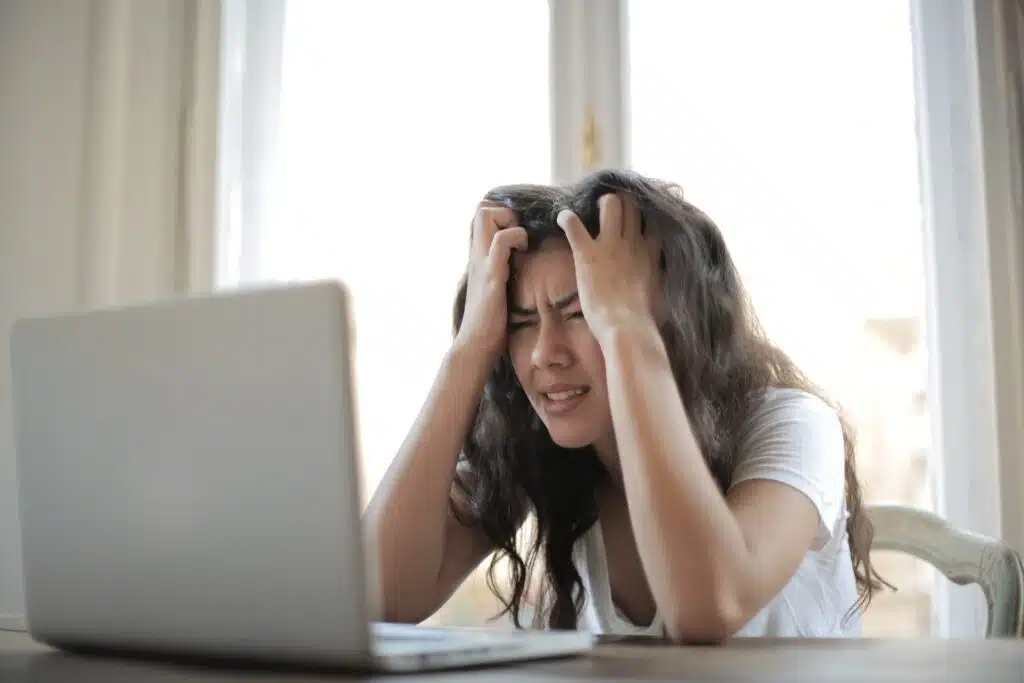
Technology and social media can have a significant impact on our mental health, particularly when it comes to anxiety. It’s important to understand how social media can affect our anxiety and how to manage it proactively. By understanding our triggers, setting boundaries, practising self-care, being mindful of our social media use, seeking support, finding alternative activities, and practising digital detox, we can navigate the effects of technology on our mental health and improve our overall well-being.
FAQs
Can social media cause anxiety?
Yes, social media can contribute to anxiety for some people. It can be a source of triggers, such as constant comparisons to others, exposure to negative news or images, or the fear of missing out (FOMO). However, it’s important to note that social media is not the sole cause of anxiety, and everyone’s experience is different.
How can I manage my anxiety related to social media?
There are many ways to manage anxiety related to social media, including setting boundaries, practising self-care, being mindful of your social media use, seeking support, finding alternative activities, and practising digital detox. These strategies can help reduce your anxiety and improve your overall well-being.
How can mindfulness help reduce anxiety related to social media?
Mindfulness is a practice of being present in the moment and paying attention to your thoughts, feelings, and sensations without judgement. It can help reduce anxiety related to social media by bringing your attention to the present moment and letting go of worries or distractions. By practising mindfulness, you can gain more control over your thoughts and feelings and reduce your anxiety.
How can I set boundaries for my social media use?
Setting boundaries for your social media use can help you take control of your digital life and manage your anxiety. You can set limits on how much time you spend on social media each day or which platforms you use. You could also consider turning off notifications or muting accounts that trigger your anxiety. By setting boundaries, you can be more intentional with your social media use and reduce its impact on your mental health.
Is seeking support from a mental health professional helpful for managing anxiety related to social media?
Yes, seeking support from a mental health professional can be very helpful for managing anxiety related to social media. A mental health professional can provide guidance and support to help you manage your anxiety and develop coping strategies that work for you. At EDUCARE, we offer a range of mental health services, including counselling, therapy, and medication management, to support individuals and families with anxiety related to social media use.
What is digital detox, and how can it help manage anxiety related to social media?
Digital detox is a practice of taking a break from technology and social media. It involves setting aside a specific period, such as a day, a weekend, or a week, to disconnect from technology and focus on other activities. Digital detox can help you reset your mind and reduce anxiety related to social media by allowing you to take a break from the constant stimulation and distractions of social media. By practising digital detox, you can gain more control over your digital life and improve your mental health.
If you’re struggling with anxiety related to social media use or any other mental health challenge, our team of mental health professionals is here to help. Request a consultation with one of our specialists and take the first step towards a happier, healthier life.
